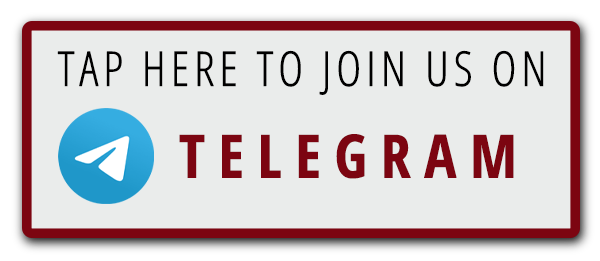Janet Yellen Denies US Economy Is in Recession despite Recessionary GDP Numbers
Treasury Secretary Janet Yellen has doubled down on the Biden administration’s view that America’s economy has not, in fact, fallen into a recession, despite the White House’s own economic data proving otherwise.
On Thursday, the Bureau of Economic Analysis (BEA) released data showing the U.S. economy met the rule-of-thumb definition for a recession by recording negative growth for two quarters in a row.
However, Yellen told a Thursday press conference that “most economists and most Americans” define a recession as a “broad-based weakening” of the U.S. economy.
She argues that the definition includes businesses shuttering in significant numbers and mass layoffs.
“That is not what we’re seeing right now when you look at the economy,” Yellen said.
“Job creation is continuing, household finances remain strong, consumers are spending, and businesses are growing.”
Her remarks came on the same day that the BEA released data showing that real U.S. GDP fell by an annualized 0.9 percent in the second quarter after contracting 1.6 percent in the first quarter.
Two back-to-back negative GDP prints are a common practical definition of a recession, according to numerous economists.
Formally, however, recessions in the United States are declared by a committee of economists at the National Bureau of Economic Research (NBER), who use a broader definition than the two-quarter rule that considers a range of indicators—including employment—which has continued to grow.
“As one example, in the last three months, our economy has created over 1.1 million jobs,” Yellen said.
“In the three months beginning each modern recession outside of the pandemic, our economy lost 240,000 jobs on average.”
Other metrics Yellen mentioned include consumer spending continuing to rise in the second quarter and industrial output showing “strong average growth over the first half of the year compared to sharp average declines during past recessions.”
She also singled out the large drop in private inventories that shaved over two percentage points off the headline GDP number as companies trimmed stockpiles they rushed to build at the peak of the supply chain crunch.
Excluding the sharp inventory swing would have put the second-quarter GDP number into positive territory.
Vance Ginn, Chief Economist at the Texas Public Policy Foundation, told NTD in an interview that, while officially it’s NBER that calls recessions, the two-quarter shorthand is “usually how it’s done by a rule of thumb.”
“I think this is definitely recession that we’re in now from these bad policies,” Ginn added.
Ginn blames a series of “progressive policies” coming out of the White House, the Democrat-controlled House, and Biden’s Federal Reserve.
Ginn added that, while there’s “not one clear way of defining a recession,” since around 1950 every time that the economy experienced two back-to-back quarters of negative growth, that has been counted as a recession.
Ginn also objected to Yellen’s touting labor market strength as evidence that the U.S. economy hasn’t yet fallen into a recession.
“The labor market is a lagging indicator in the overall economy,” Ginn said, adding that businesses lay off workers as a last resort and that the job market is typically one of the last indicators to roll over.
He added that there’s already some evidence of stress in the labor market.
“Small businesses, they have been cutting jobs in three of the last four months and small business confidence right now is the lowest in 48 years and consumer confidence is the lowest in more than a decade, even worse than the recession we had in 2020,” Ginn said.
In June, the National Federation of Independent Business’s (NBIF) Optimism Index fell to its lowest point in the 48-year history of the metric.
“As inflation continues to dominate business decisions, small business owners’ expectations for better business conditions have reached a new low,” NFIB Chief Economist Bill Dunkelberg said in a statement.
Besides the immediate challenges of inflation and worker shortages that small businesses are grappling with, Dunkelberg said that the Biden administration’s economic policy outlook “is not encouraging either as policy talks have shifted to tax increases and more regulations.”
In her remarks, Yellen acknowledged that American households are experiencing “great stress from high inflation” and that consumers are feeling less confident about the economy.
“I think their biggest concern is with inflation and high prices that they feel they can’t afford to put gas in their gas tank, and people are worried about their retirement savings and whether or not they’ll have enough to retire,” Yellen said.
“Now, sometimes people use the word recession to refer to that, [but] that’s really about inflation.
“The discomfort that households feel, it’s not because of the job market—jobs are readily available, and most Americans feel good about their employment prospects,” she continued.
She noted that some Americans may worry that the labor market will weaken.
“But I think the biggest burden that’s weighing negatively on household sentiment is inflation,” she added.
In a bid to cool soaring prices, the Fed has embarked on an aggressive path of tightening monetary policy, prompting some economists to worry that this will tip the economy into a recession.

